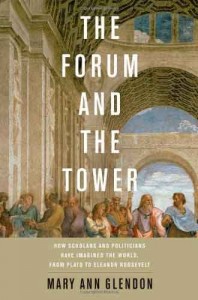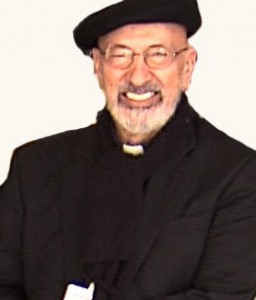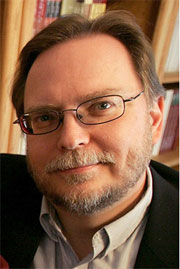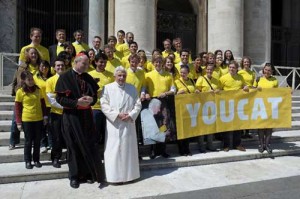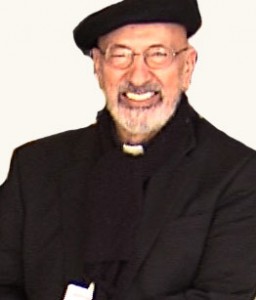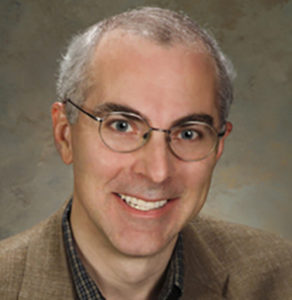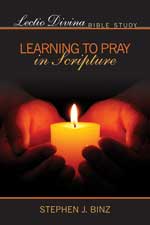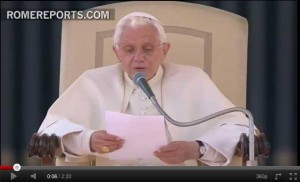The prayer of St. Stephen, the first Christian martyr, was the theme of the Holy Father’s catechesis during his general audience this morning.
Addressing more than 20,000 faithful filling St. Peter’s Square, the Pope explained how, according to the narrative of the Acts of the Apostles, Stephen was taken before the Sanhedrin accused of having declared that Jesus would destroy the Temple and change the customs handed down by Moses. In his address before the council Stephen explained that, in saying these things, Jesus had been referring to His body, which was the new temple. In this way, Christ “inaugurated the new worship and, with the offer of Himself on the cross, replaced the ancient sacrifices”, Benedict XVI said.
Stephen wished to show that the accusation of subverting the Law of Moses was unfounded, to which end he outlined his view of the history of salvation, of the covenant between God and man. “Thus”, the Holy Father explained, “he reread the entire biblical narrative to show that it led to the ‘place’ of God’s definitive presence, which is Jesus Christ and in particular His passion, death and resurrection. Stephen interpreted his status as a disciple of Jesus in the same light, … following Him to martyrdom. Thus, meditation upon Sacred Scripture helped him to understand … the present”.
“In his meditation upon God’s action in the history of salvation” the proto-martyr “highlighted the perennial temptation to reject God and His acts, and affirmed that Jesus is the Just One announced by the prophets. In Him, God made Himself definitively and uniquely present: Jesus is the ‘place’ of true worship”.
Stephen’s explanations and his life were interrupted by his stoning, yet “martyrdom was the culmination of his life and message, because he became one with Christ. Thus his meditation upon the action of God in history, on the divine Word which was entirely fulfilled in Jesus, became a form of participation in Christ’s prayer on the cross”.
The moment of Stephen’s martyrdom “again revealed the fruitful relationship between the Word of God and prayer”, the Pope said. Yet “where did this first Christian martyr find the strength to face his persecutors and to make the ultimate gift of self? The answer is simple: in his relationship with God, in his communion with Christ, in meditating upon the history of salvation, in witnessing the action of God which reached its apex in Jesus Christ”.
St. Stephen believed that Jesus was “the Temple, ‘not made by human hands’, in which the presence of God the Father came so close as to enter our human flesh, bringing us to God and opening the doors of heaven for us. Our prayer must, then, be contemplation of Jesus sitting at the right hand of God, of Jesus as Lord of our daily life. In Him, under the guidance of the Holy Spirit, we too can address God … with the trust and abandonment of children who turn to a Father Who loves them with an infinite love”.



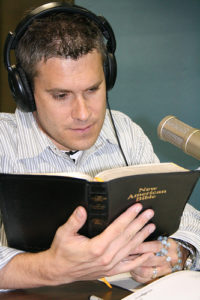
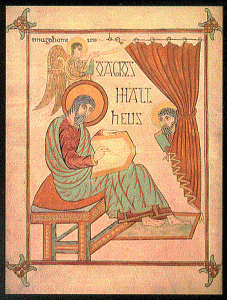 The Gospel of Matthew…it’s time, context, importance, and relevance for today. Who was Matthew? Who were the people he was addressing? What makes it unique?
The Gospel of Matthew…it’s time, context, importance, and relevance for today. Who was Matthew? Who were the people he was addressing? What makes it unique?


